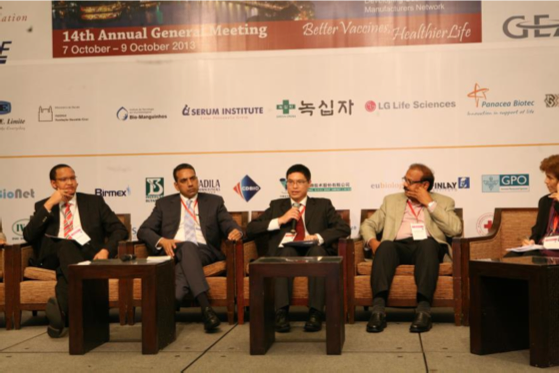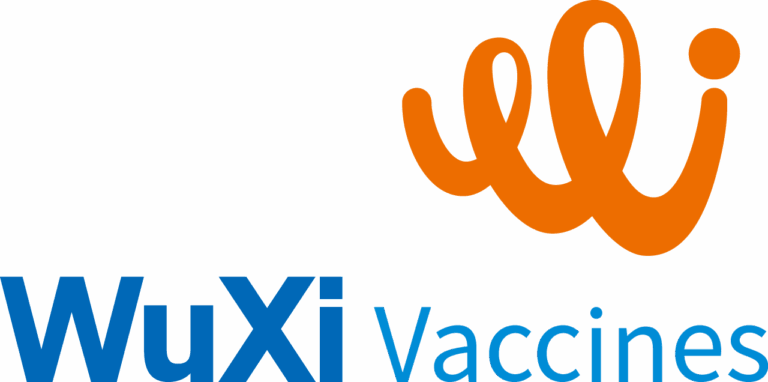
Nhan Dan Online – The 14th Annual General Meeting of Developing Countries Vaccine Manufacturers Network (DCVMN) opened
in Hanoi on October 7 under the theme ‘Better vaccines for a better life’.
The three-day event focuses on promoting joint efforts to develop the Expanded Programme on Immunisation (EPI), improving the legal framework on vaccine development, and disseminating new technologies in vaccine production and supply. Local and foreign experts have an opportunity to strengthen co-operation and share information and experiences in the field of vaccine production and management. Delegates discussed issues surrounding global demand for public healthcare, vaccine supply, vaccine quality improvement and approaches to new vaccines. Also scheduled is a series of workshops on new technologies for the development and supply of vaccines.
Speaking at the conference, Deputy Minister of Health Nguyen Thanh Long said that vaccines have played an important role in reducing the mortality rate from infectious diseases.
The World Health Organisation (WHO) estimates that vaccines save 3 million children around the world from dying of infectious diseases each year, though around 2 million children die due to lack of access to vaccines. With the rapid advancements in the field of medicine and epidemiology, humans have successfully developed vaccines for 30 infectious diseases.
The Deputy Minister emphasised that, after more than 25 years of implementation in Vietnam, the EPI has brought about significant results in altering the basic structure of childhood illness in the country. Vietnam has been recognised as one of the most successful countries in implementing the EPI for children. The incidence of infectious diseases under the EPI has been drastically reduced, maintaining a consistent downward trend. Currently, Vietnam’s vaccine manufacturers produce all but one of the 11 vaccines under the EPI.
The DCVMN was established in 2000 with the aim of protecting people from infectious diseases by providing sufficient high-quality vaccines. To date, the network has expanded to include 39 vaccine manufacturers based in 15 countries and territories that produce more than 40 types of vaccines to the WHO’s EPI initiatives around the world.









